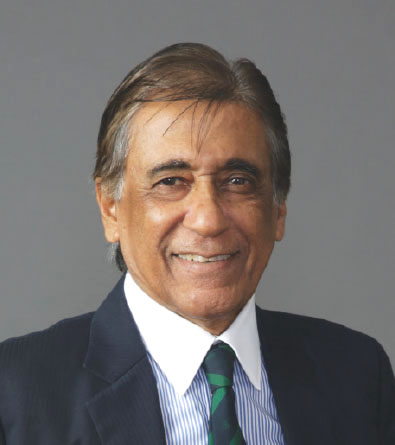
This start-of-Monsoon issue of EW features an Eyewitness Report on an extraordinary initiative. An imaginative, unprecedented Constitution Museum and The Freedoms and Rights Academy has been built on the 85-acre campus of the new genre, top-ranked O.P. Jindal Global University, Sonipat (JGU, estb.2009). This imaginatively conceptualised and curated museum provides a timely reminder of the invaluable fundamental rights that were bequeathed to all citizens by founding fathers of the Constitution.
But regrettably right from the time the independent Republic of India was promulgated on January 26, 1950, these fundamental rights have been steadily diluted. The right to freedom of speech and expression has been watered down to the extent that utterance of words that might “hurt the sentiments of people” are proscribed according to a recent Supreme Court judgement. Similarly, the fundamental right to carry on a business, trade or profession was diluted by post-independence India’s infamous licence-permit-quota regimen that strangled privately-promoted businesses to favour government-promoted public sector enterprises (PSEs). Simultaneously, the right of citizens to freely establish and administer education institutions of their choice has been steadily eroded.
Unsurprisingly, perennially loss-making PSEs never generated sufficient “surpluses” (‘profit’ is a bad word in the socialist lexicon) for investment in public education and health services. As a result, India’s 1.10 million government/public schools are lost causes, notorious for rock-bottom learning outcomes and avoided like the plague by middle class India. The latter send their precious progeny to the country’s 450,000 private schools, a few hundred of whom are as good as the best worldwide.
However with several verdicts of the Supreme Court packed with “committed” judges having ill-advisedly ruled that education provision is compulsorily a charitable, philanthropic vocation — even as, provision of food, clothing, housing are not — for the past three decades, state governments have been enacting legislation to ‘regulate’ education institutions promoted by citizens out of private savings, especially to depress private school tuition fees. This has provoked a torrent of litigation further burdening the world’s most anachronistic and slothful legal system. In our cover story in this issue, we advise parents against inviting government interference with the administration of private schools. It’s an invitation to a sea of troubles certain to lead to institutional decline. And dilution of children’s learning outcomes at a time when radical upgrade of K-12 — and higher — education has become an urgent national imperative.
The cover story aside, there’s a cornucopia of information and opinions in this inadvertently over-engineered issue of EducationWorld. Check them out — you have a whole month — to become sufficiently informed to contribute to the tepid national discourse on education.
